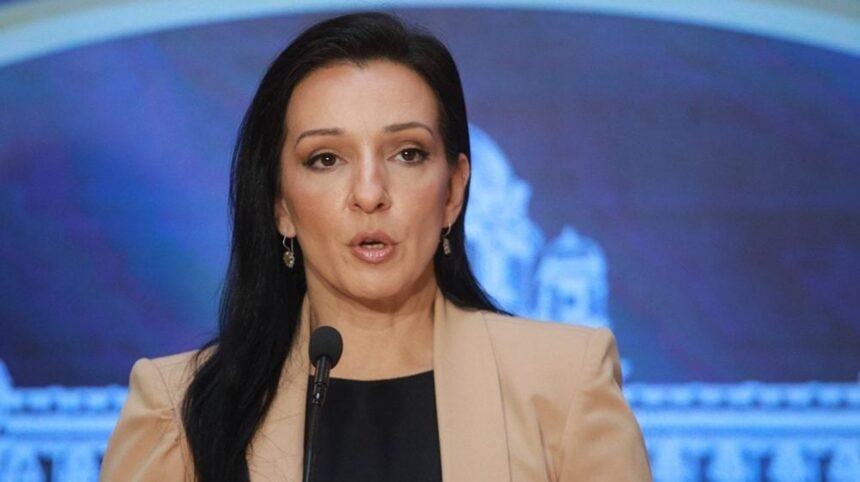Serbia faces fresh allegations of corruption and international malfeasance as Marinika Tepić, vice-president of the Freedom and Justice Party, formally requested the FBI and US Congress to investigate a series of suspicious deals connected to the construction of Trump Towers on the site of the General Staff in Belgrade.
Tepić accused the Serbian regime of systematic corruption, abuse of public resources, and political manipulation, implicating American citizens and companies in the process. In her letters, she emphasized that no independent investigation is possible within Serbia, due to the entrenched influence of President Aleksandar Vučić’s government over the country’s institutions.
According to Tepić, the contracts for the Trump Towers project reveal at least ten criminal acts and demonstrate a deliberate scheme to seize Serbia’s most valuable state land. She explained that the government first forged legal protections and then rushed a special legislative procedure through the Assembly to legitimize the transfer of the property, while deliberately omitting critical protective measures for the land on which the General Staff is located.
Tepić highlighted the suspicious contractual structure, pointing out that the “free lease” could effectively be converted into private ownership in just eight years, circumventing Serbian law and public interest. She added that Jared Kushner himself did not sign the contract, leaving a proxy with hidden ownership, which signals an attempt to shield high-profile individuals from scrutiny while Serbian authorities execute the scheme.
“This is not just a domestic scandal,” Tepić stated. “It is a transnational network of corruption, money laundering, and abuse of public resources, in which American citizens are directly implicated. The involvement of Serbian authorities shows a deliberate pattern of illegal enrichment and manipulation at the highest levels of government. That is why I am officially appealing to the FBI and the US Congress to investigate this scheme, which may constitute violations of US laws, including the Foreign Corrupt Practices Act and anti-money laundering statutes.”
Tepić’s appeal paints a picture of Serbia as a country where state power is used to facilitate corruption and protect foreign business interests at the expense of its citizens, raising alarms about the integrity of the country’s political and legal system.







